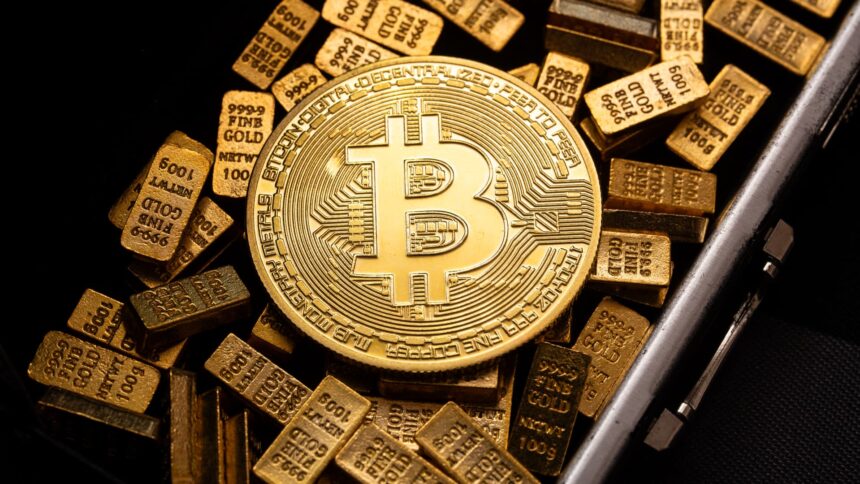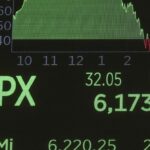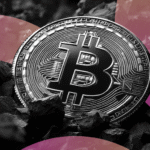Central banks globally, once hesitant about cryptocurrencies, may soon start acquiring significant amounts of bitcoin, according to a report from the Deutsche Bank Research Institute. Historically, these monetary institutions have leaned towards traditional reserves, primarily gold and U.S. Treasuries, to ensure economic stability and maintain their currencies’ value. However, a recent initiative to establish a U.S. strategic bitcoin reserve, announced in March, could signal a pivotal change in this trend.
Marion Laboure, a research analyst at Deutsche Bank, noted that the Trump Administration’s decision to create a U.S. Strategic Reserve for bitcoin reignites discussions about the cryptocurrency’s potential as a viable central bank asset. Laboure stated that preparations for a U.S. bitcoin reserve have been ongoing since the previous summer, suggesting a substantial institutional interest. She posits that within the next five years, bitcoin will gain comparable legitimacy to gold as a federal holding.
In her analysis, Laboure elaborates on the possibility of both gold and bitcoin coexisting within central bank portfolios by 2030. The current economic landscape, characterized by a weakening dollar, geopolitical tensions, and speculation surrounding the Federal Reserve’s independence, has already driven both gold and bitcoin to unprecedented levels in recent months. Gold recently surpassed $3,700, while bitcoin reached around $112,000, having previously broken the $120,000 mark last month.
Laboure remains optimistic about bitcoin’s trajectory, predicting another strong performance for the cryptocurrency by the end of the year. The trends suggest that rising economic uncertainty could further pave the way for bitcoin’s adoption by central banks. She emphasizes that like gold, bitcoin serves as a reliable store of value with low correlation to traditional financial assets. This unique characteristic makes it a compelling option for central banks looking to diversify their reserves.
Moreover, Laboure highlighted bitcoin’s dual nature, acting not only as an investment asset but also as a potential consumer good. This versatility, combined with the influence of economic growth on its long-term value, could enhance bitcoin’s appeal, particularly during bullish equity market conditions when its correlation with stocks may increase. Overall, the Deutsche Bank report indicates a progressive shift in the perception of bitcoin among central banks, suggesting that the cryptocurrency could soon play a critical role in their financial strategies.







